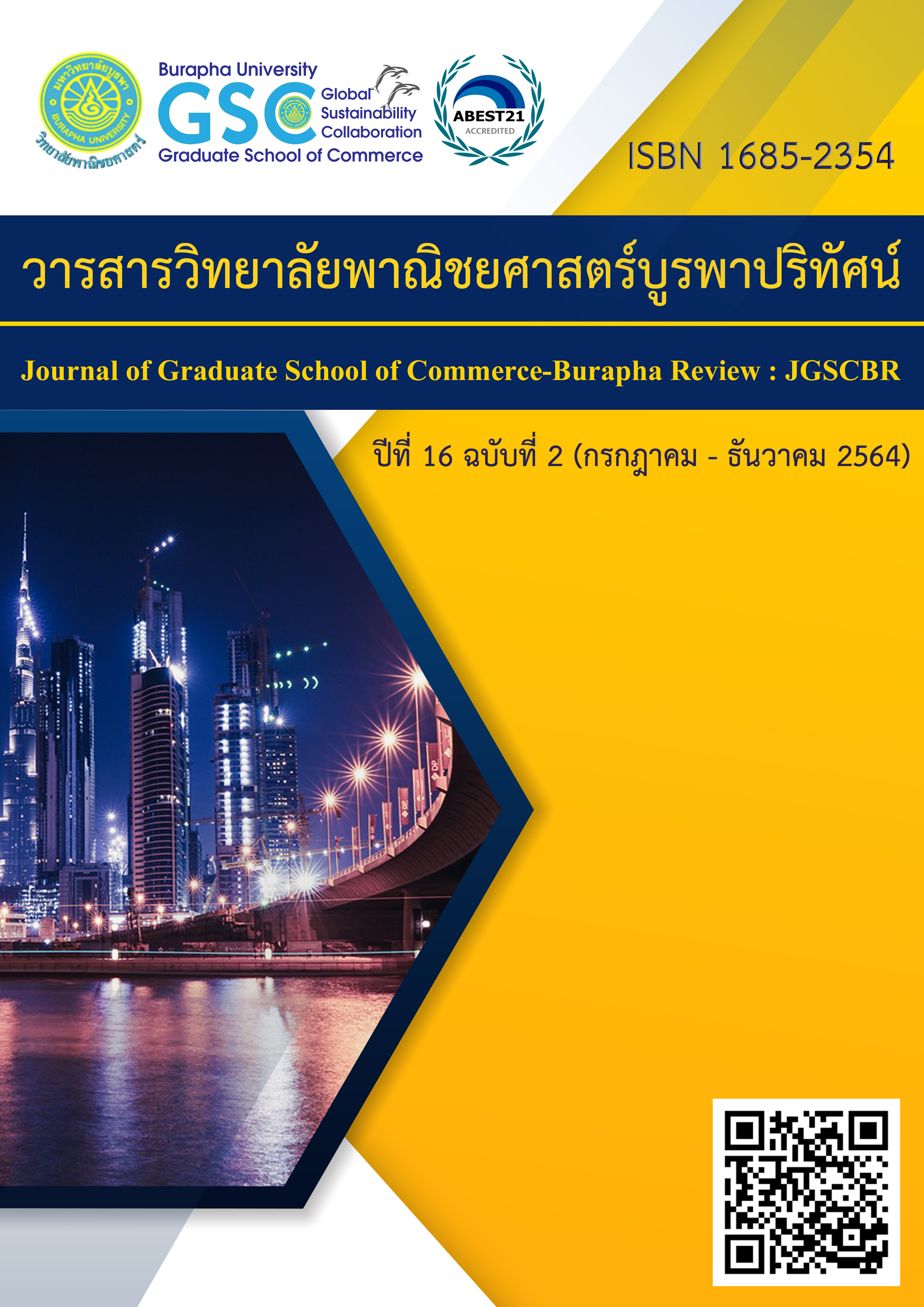DEVELOPMENT PLAN FOR MANPOWER OF VOCATIONAL EDUCATION TO SUPPORT THE POLICY OF MODEL CITIES UNDER THE TRIANGLE OF STABILITY, PROSPERITY, AND SUSTAINABILITY
Main Article Content
Abstract
The research aimed to study cooperative models in the provision of vocational education between the public and private sectors and to support the Model City Policy of “Triangle of Stability, Prosperity, and Sustainability". Analysis and interpretation of documents and concepts (Cooper, 2007) were used for classifying the contents. By using a descriptive method (Jamaramarn & JtanaratchPhoom, 2003) and in-depth interviews with 6 experts (Morse, 1958), the researcher found that there were three easiest cooperative models in the management of vocational education between the government and private sectors to support the Model City Policy of “Triangle of Stability, Prosperity, and Sustainability". 1) The business or government sectors were cooperative with vocational education. Different sectors carried out their own missions. However, they still helped each other. For example, private or public schools sent their students to study in vocational colleges by receiving quotas. 2) Vocational schools had to cooperate with the public and private schools in seeking input to attend the vocational programs. Personnel to help teach, tutoring materials, budgets should be free or have terms. 3) The two sectors should cooperate in the teaching process, evaluate the internship results and enhance invention, hard skill, and soft skill until achieving their goals.
Article Details
The owner of the article does not copy or violate any of its copyright. If any copyright infringement occurs or prosecution, in any case, the Editorial Board is not involved in all the rights to the owner of the article to be performed.


